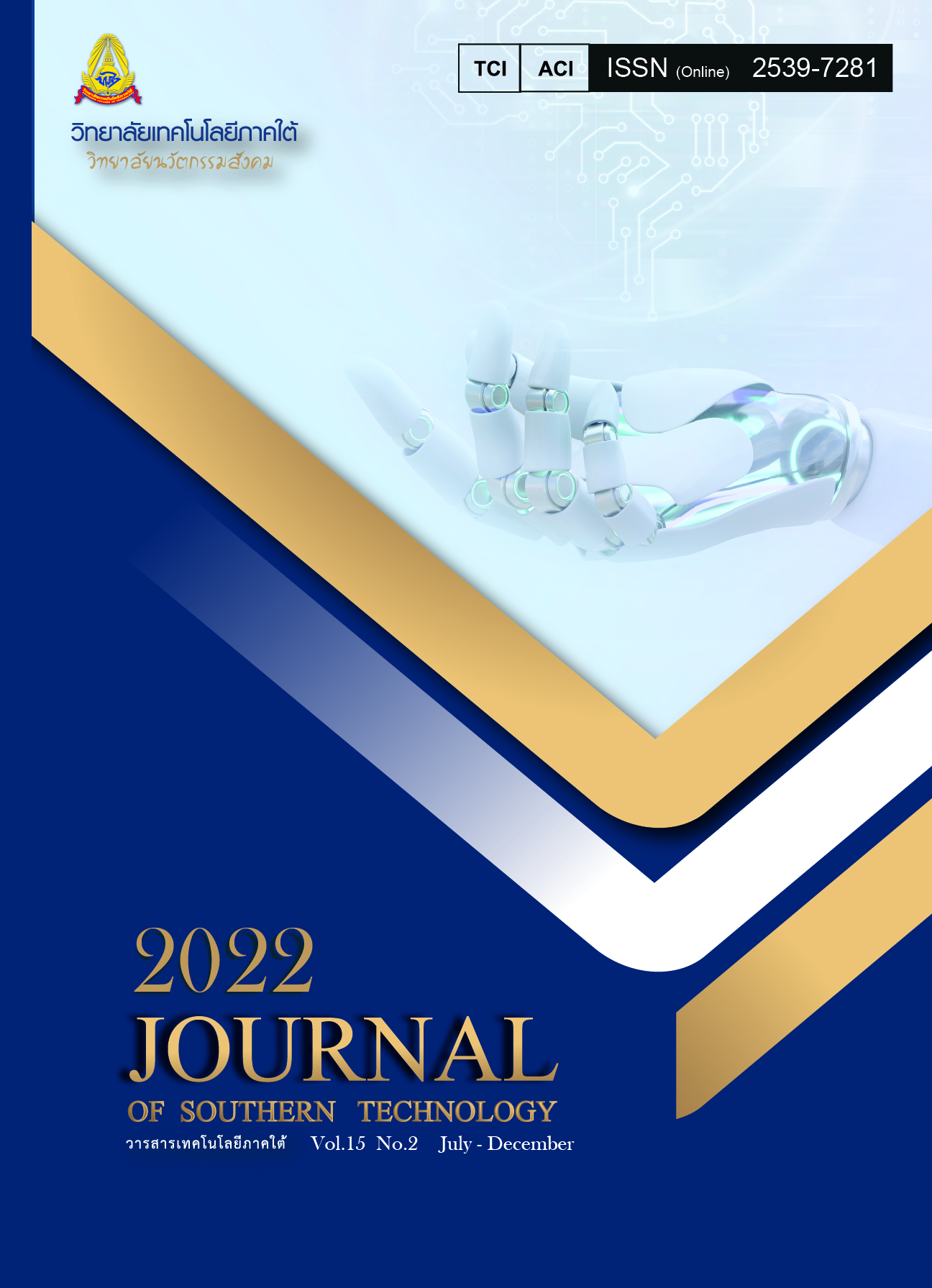Development of Social-wellbeing among the Elderly and the Disabled in a Multicultural Context for New Normal Lifestyles in Chiang Rai Province
Main Article Content
Abstract
This article aims to develop guidelines to promote social well-being among the elderly and disabled in a multicultural community to cope with this new normal era in Mae Fah Luang district Chiang Rai province. It is a participatory action research (PAR) which involved 12 key informants including the elderly, physically disabled, leaders, local government representatives, and representatives of community organizations such as the occupation promotion for the disabled group, the elderly group, and ethnic youth leaders. Semi-structured interviews and focus group discussion were employed in data collection. The obtained data were analysed qualitatively. Results showed that the Covid-19 situation affects adaptation of the disabled and elderly in the multicultural context into a new normal lifestyle both at individual and communal levels. The adaptation is suitable to the contexts in terms of social and intellectual capital, such as self-protection from Covid-19, building understanding, communication, training community leaders and improving the understanding of health care along with the development of social well-being of the ethnic groups. Factors for improving social well-being include context and needs in caring for the elderly and disabled. The results reflect the ability to take care the elderly and disabled at domestic and community levels. This study can provide insights for social organizations and development of the human potential to be more independent and social health in the new normal way of life to strengthen the community for sustainable development.
Article Details

This work is licensed under a Creative Commons Attribution-NonCommercial-NoDerivatives 4.0 International License.
-
Authors must agree to the journal publication rules and allow the editors to edit the manuscripts for publication.
-
Author’s right belongs to the author but Journal of Southern Technology holds the right of first publication and thus allow readers to use the article for the purpose of education but not commercial.
References
Barnes, S.J. (2020). Information management research and practice in the post-Covid-19 world. International Journal of Information Management, 55, 1-4., doi.org/ 10.1016/j.ijinfomgt.2020.102175
Chonirat, A. (2020). Factors Predicting Healthy Aging of the Elderly (Master’s Thesis). Nursing Mahidol University, Bangkok. [in Thai].
Hansen-Kyle, L. (2005). A concept analysis of healthy aging. Nursing Form, 42(2), 45-57.
Hu, R. (2020). Covid-19, smart work, and collaborative space: a crisis-opportunity perspective. Journal of Urban Management, 9 (August), 1-5, doi.org/ 10.1016/j.jum.2020.08.001.
Office of the National Economic and Social Development Council-NESDC. (2021). Thai Social Conditions. 19, No. 3, August 2021.
Phoowachanathipong, K., Udomtamanupab, M., Puripanyo, P.C., Buasiri, A., &, Ariyasripong, A. (2020). The effects of self-development activities for Buddhism holistic well-being of youths in learning center of Buddhism and social development of Wat Suthiwararam. Journal of Social Science and Buddhistic Anthropology, 5(3), 34-52. [in Thai].
Rojchaphot, K., Tongkhambanchong, S., & Supwirapakorn, W. (2019). Family well-being in the context of Thai society: causal modeling and comparison of differences between groups. Journal of the Humanities and Social Sciences Mahasarakham University, 38(3), 30-42. [in Thai].
Sinchaiwanichakul, C., &, Kespichayawattana, J. (2018). Factors related to healthy aging among the older persons in communitydwelling of Bangkok Metropolitan. Journal of the Royal Thai Army Nurses, 19(Supplement), 100-109. [in Thai].
Tachasuksri, T., Sananreangsak, S., & Kuljeerung, O. (2016). Health promotion model by the community participation: case study of people with disabilities. The Journal of Faculty of Nursing Burapha University, 24(3), 47-58. [In Thai]

